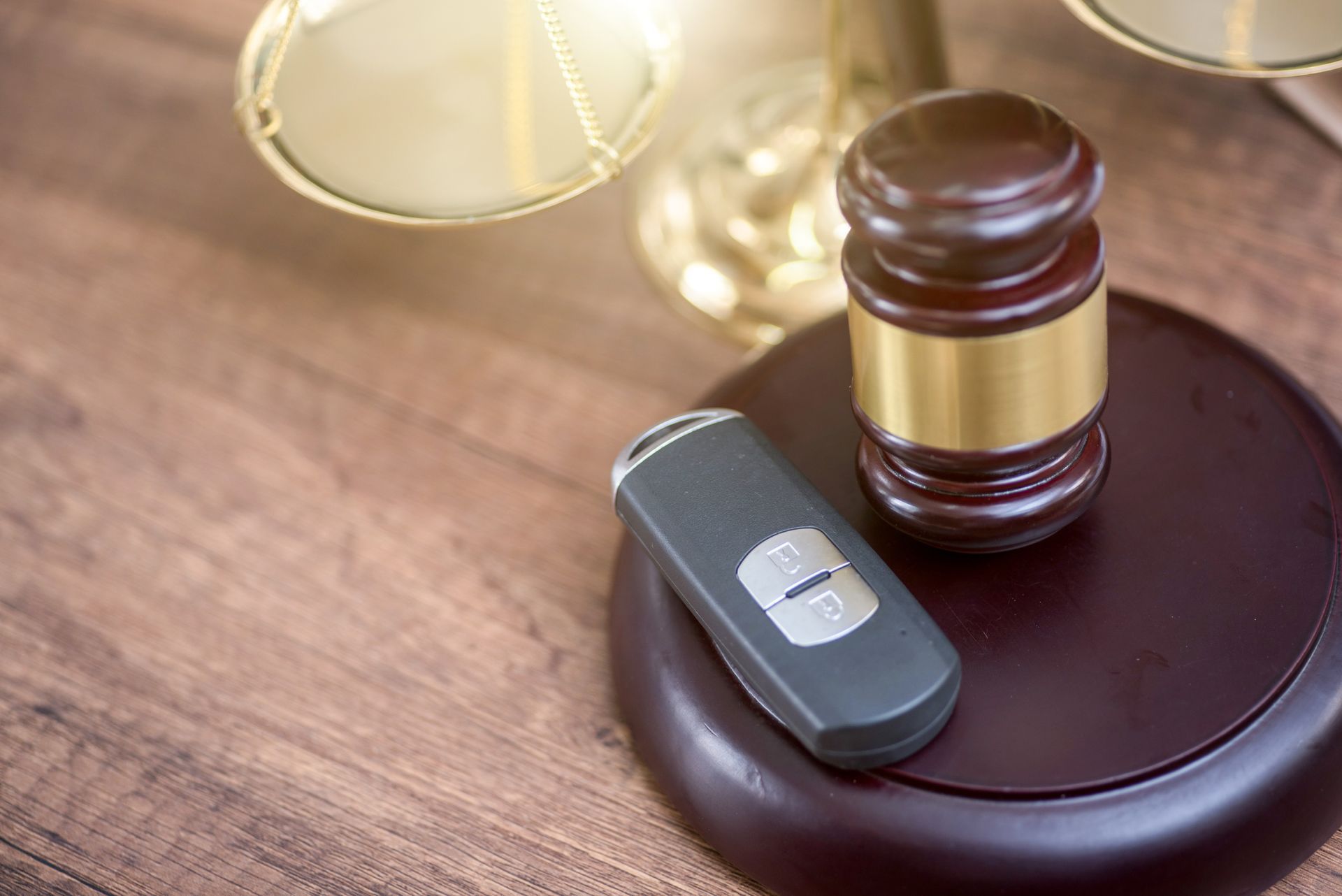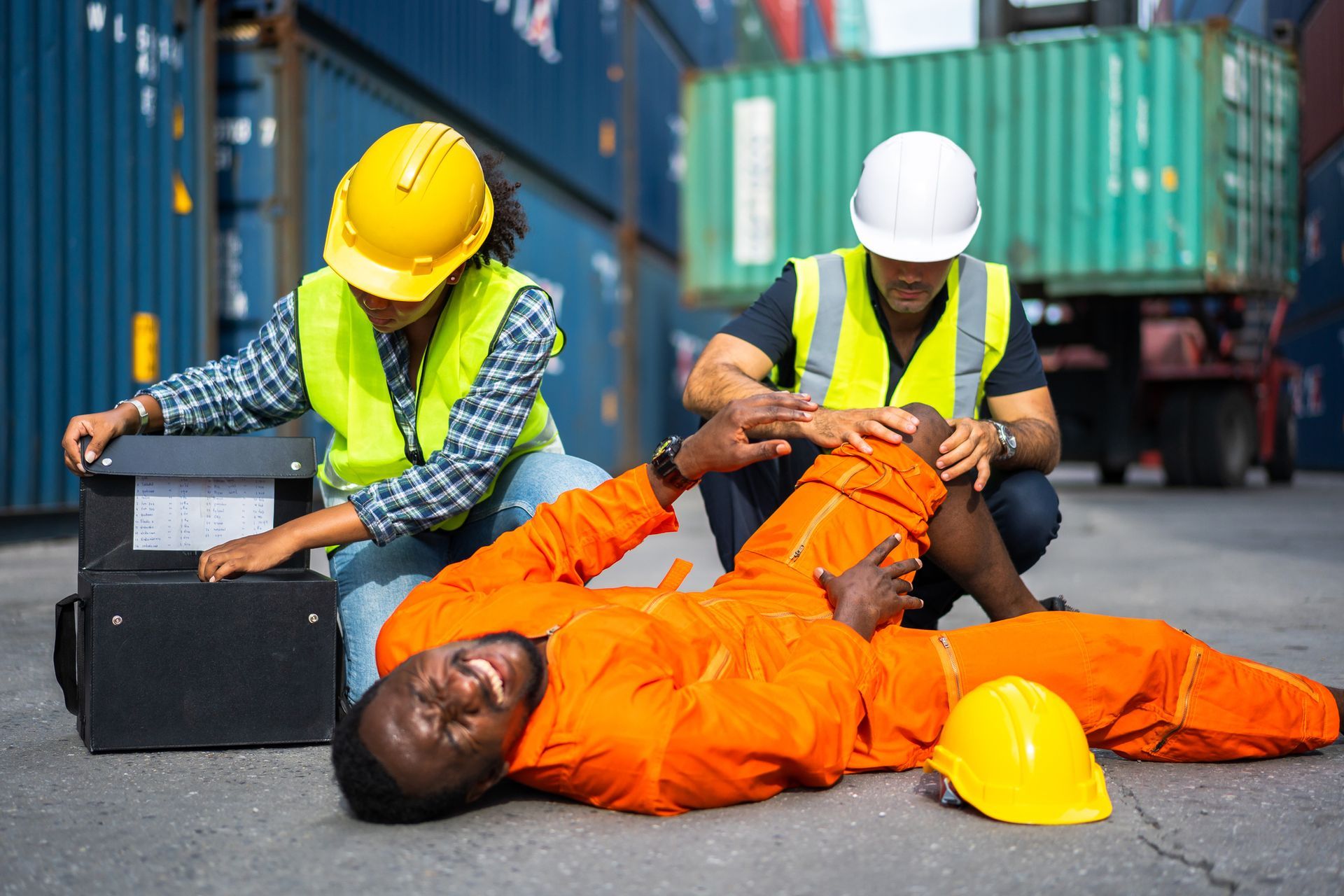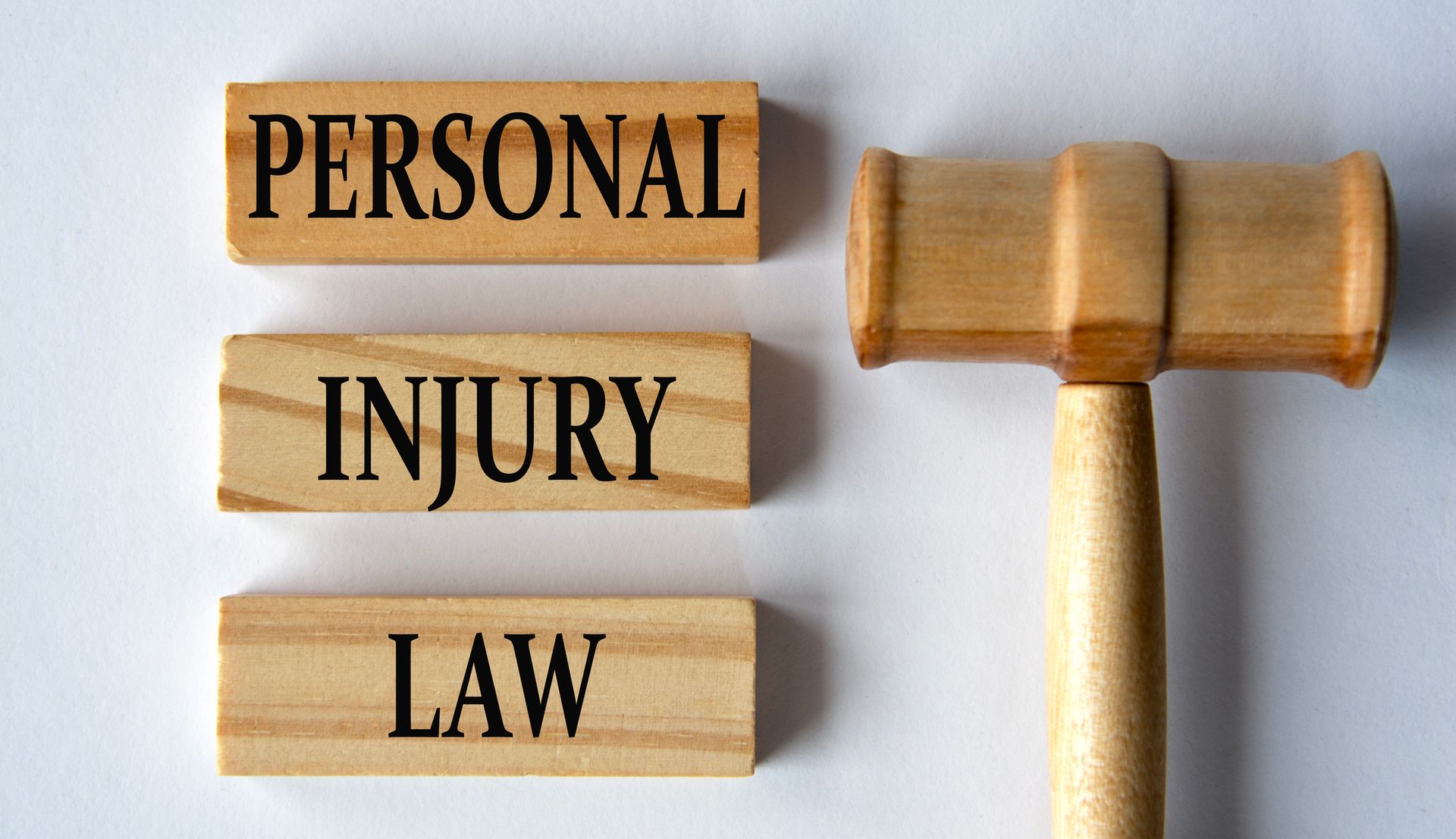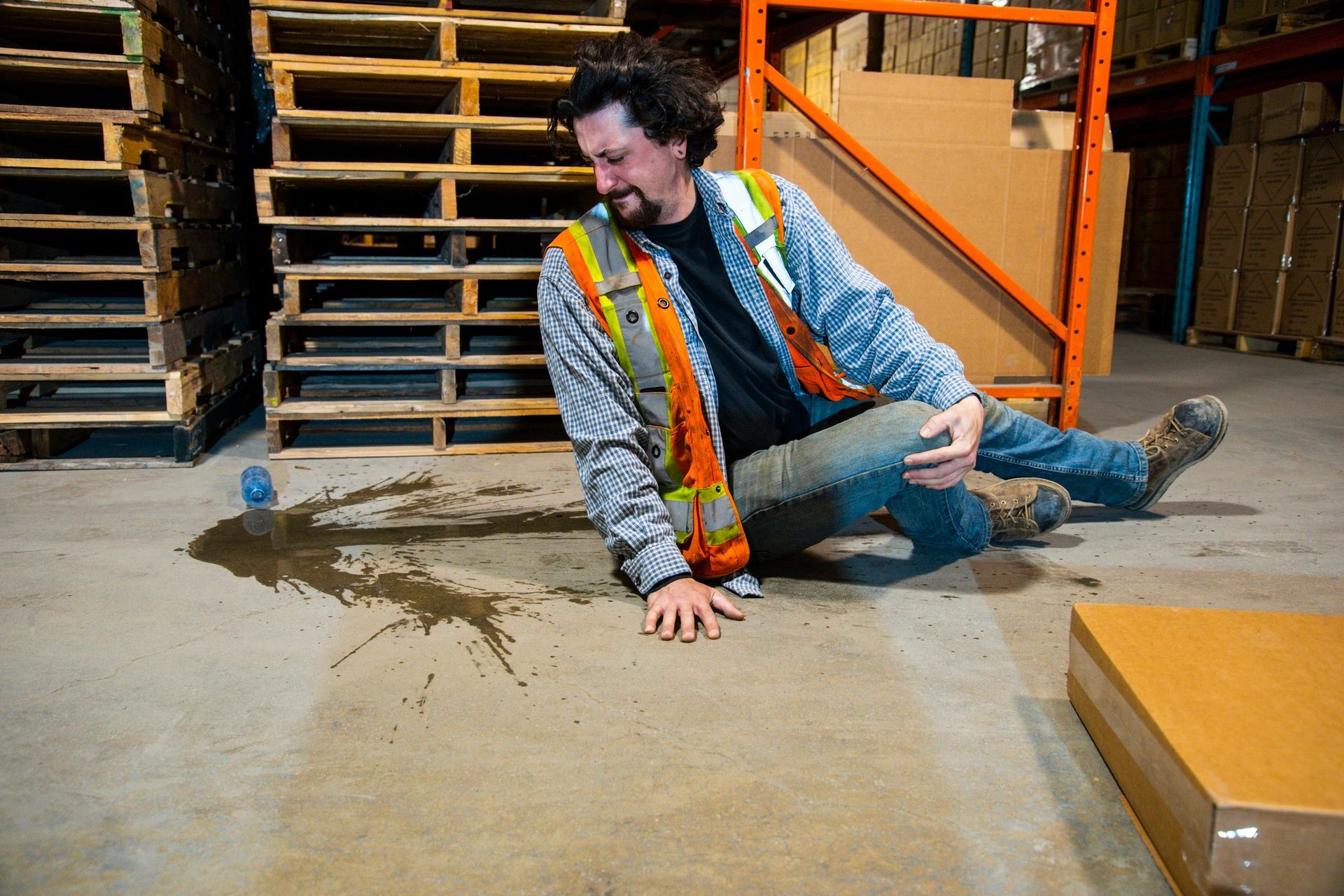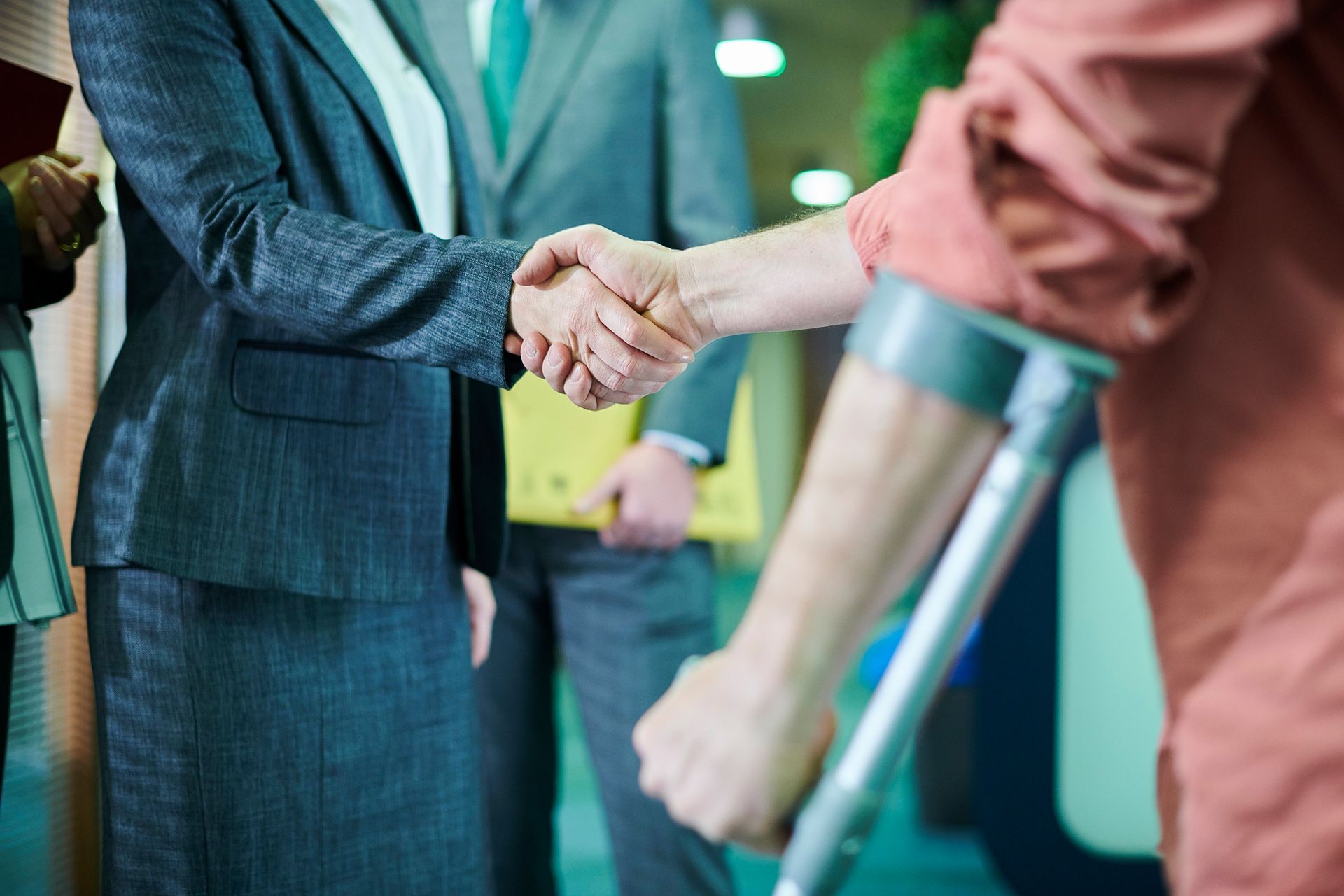Bike to Work
THE NEW COMMUTER
Today is National Bike to Work Day, the third Friday in May, falling in Bike to Work Week (May 15-21). Created by the American League of Bicyclists, Bike Week in the U.S. falls in Bike Month (May). A yearly international event, Bike Week in the U.K. has been running for more than 90 years, and now it has gained popularity in Asia, America, and Europe.
In Atlanta, Bike Commuters of Atlanta are celebrating Bike Week 2022 with several events during the week; see: https://www.facebook.com/groups/bikecommutersatl/. Midtown Atlanta also has various events planned throughout the week; see: https://www.midtownatl.com/about/midtown-transportation/bike-to-work-week-2022.
A WIN-WIN
Biking is much better for the environment than driving or even using public transportation. After driving just a kilometer, a car releases 271 g of CO2 and a bus releases 101 g, but a bicycle releases just 16 g of CO2, which is calculated on the fuel of the rider (a.k.a. their food). A study showed that replacing one car trip per day with a bike trip can reduce carbon emissions by 67%.
In addition to the environmental benefits, bikes are much more cost-efficient than cars. The average cost of a car in the U.S. is approximately $30,000, and then there are parking, maintenance and gasoline costs to add to the equation. The average cost of a new bike, on the other hand, is only $385, with no parking or gasoline costs associated with its usage.
Biking is also good for people’s health. Exercising and raising your heart rate by riding a bike is a good way to help cardiovascular health. It is also a lot of fun!
BIKING ACCIDENTS
Although accidents involving bicycles are less likely to result in grave or fatal injuries, when a motor vehicle collides with a bicyclist there can be serious consequences. A total of 843 bicyclists were killed in crashes with motor vehicles in 2019. This represents a 3 percent decrease from the 868 bicyclist deaths that occurred in 2018. Although bicyclist deaths have decreased 16 percent since 1975, they have increased 36 percent since reaching their lowest point in 2010. According to an NHTSA National Survey on Bicyclist and Pedestrian Attitudes and Behaviors, the six most common causes of injury to cyclists were:
Hit by a car (30 percent)
Fell (17 percent)
Roadway not in good repair (13 percent)
Rider error (13 percent)
Crashed/ collision with fixed object (7 percent)
Statistically, 27 percent of fatal bicycle accidents in the U.S. occurred at intersections and 10 percent occurred at locations such as bicycle lanes, parking lots, sidewalks, and medians.
According to the NHTSA, bicyclist deaths occurred most often between 6 p.m. and 9 p.m; bicyclist deaths occur most often in urban areas (79%) compared to rural areas (21%) in 2020; bicyclist deaths were 7 times higher for males than females in 2020; and one in four fatal bike crashes in 2020 involved a bicyclist who had been drinking alcohol.
SAFETY TIPS
To decrease chances of an accident, the NHTSA recommends that you:
1. Ride a bike that fits you—if it’s too big, it’s harder to control the bike.
2. Ride a bike that works—it really doesn’t matter how well you ride if the brakes don’t work.
3. Wear equipment to protect you and make you more visible to others, like a bike helmet, bright clothing (during the day), reflective gear, and a white front light and red rear light and reflectors on your bike (at night, or when visibility is poor).
If you do have an accident, seek medical attention first. Even if you don’t think you are seriously injured, traumatic brain injuries and fractures can occur that require prompt intervention. Document all treatment and its costs. If you can, take pictures of the accident, of the damages to your bike, of the scene, and of your injuries. Get the names and contact information of any witnesses to the accident. Then contact an experienced personal injury attorney such as Dave Thomas with The Thomas Law Firm for a free consultation regarding your legal rights.




